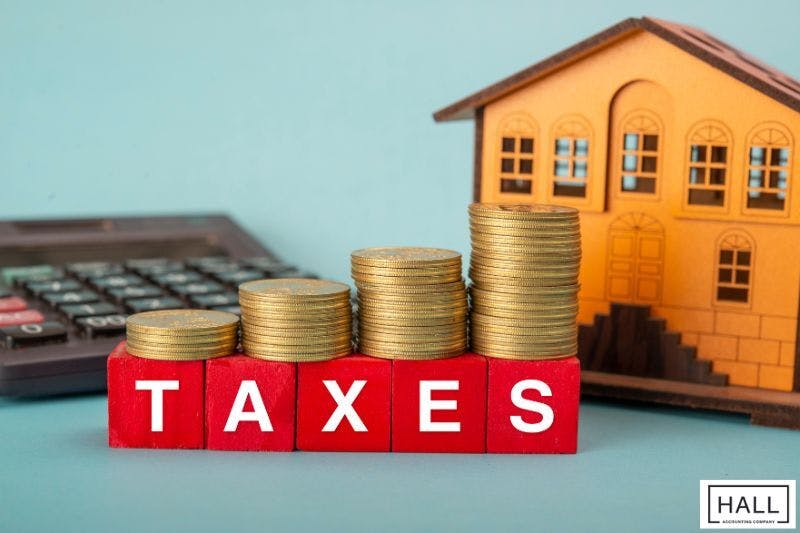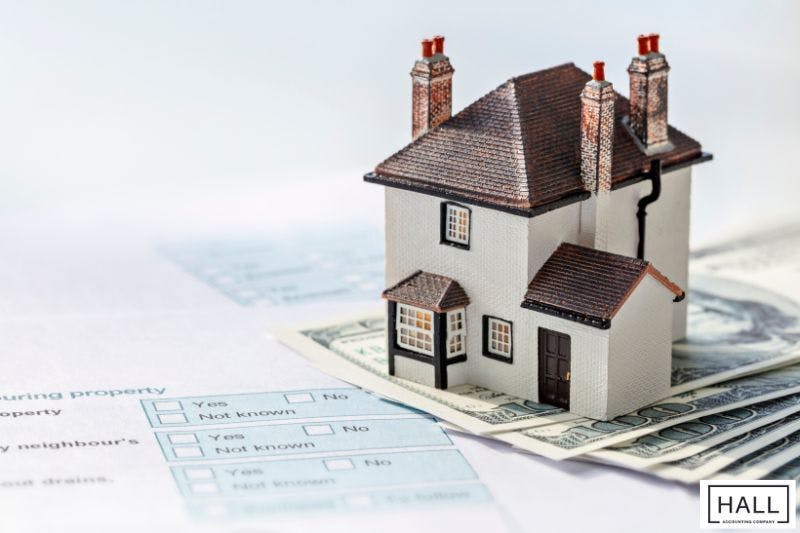
Property taxes in Texas are determined by local appraisal districts and are based on the market value of properties as at January 1st. Property tax payments are compulsory for Texans and non-compliance does result in heavy penalties. This tax payment by homeowners is important because it is used for the benefit of the community and funds educational, public safety, infrastructure and public welfare.
In this article we review basic information regarding Texas property tax and then go straight into property tax payment deadlines and how you can make such payments.
Texas property tax bills
The Lone Star state is a haven for its citizens regarding personal income tax because there isn’t any! However, there are other kinds of taxes that the state does require and property tax is one of them, along with sales tax.
Property appraisal process
The determination of property taxes begins with an assessment by the appraisal district. Here’s how it works:
Annual Appraisal: Each year, local appraisal districts assess the market value of properties as of January 1st. This involves evaluating various factors, such as the property's location, size, condition, and market trends. A tax lien automatically attaches to your property to secure tax payments, as well as penalties and interest.
Notice of Appraised Value: Property owners receive a notice of appraised value, typically by May 15th. This notice provides the appraised value of the property, which is used to calculate the property tax bill.
If a property owner does not agree with the assessment, they can contest it before the Local Appraisal Review Board (ARB) before paying property taxes, however, this should be dealt with before the payment deadline (January 31st).
After the assessment process the local districts, counties and cities (taxing units) hold meetings to determine their budgetary requirements for the year ahead. The public are allowed to contribute to these proceedings. Based on the budget each area sets a tax rate.
Hall Accounting Company offers individual and SBOs tax preparation and planning services, which includes dealing with property taxes. We are a local Dallas based accounting firm that have serviced the local community for a number of years. If you need help with your taxes, look no further. You can schedule a call anytime to discuss your needs.
Schedule a call to discuss your tax needs
When is property tax due in Texas?

Image courtesy of Canva/Stockyme
The last day to pay property taxes without incurring a penalty and interest charges is January 31st. Payment dates that fall on a weekend or holiday fall to the next business day.
Other important deadlines
January 1st | Property values are determined for the year, and the exemption qualifications are set. A tax lien is placed on all property to ensure each tax bill is paid. |
January 10th | If your tax bill is mailed after this date, delinquent property taxes are given a new payment date. |
January 31st | Your property taxes are due. This is also the last date that individuals who qualify for exemptions can notify authorities. You have until midnight on this date to pay as penalties are charged directly after this time. |
February 1st | You now owe delinquent taxes if you have not paid your tax bill. State law does not allow a waiver of delinquent penalties or interest. |
March 31st | The second payment is to be made for those who qualified to pay in installments. |
April 30th | Deadline for property owners to file various applications to their appraisal district for exemptions, requests for installments. |
May 2nd | The district tax office will begin to notify those who must pay delinquent taxes that they will be given additional penalties on July 1st. |
May 31st | Third payment for those qualifying to pay in installments. |
July 1st | The taxing unit will hit property owners with a huge penalty (12%) for failing to comply with the delinquency date. |
July 31st | Fourth payments for those qualifying to pay in installments. |
September 1st | The local appraisal district must have set its budget for the next year. |
September 29th | Taxing units must set their tax rates. |
October 1st | The tax collector must begin to mail out tax bills for January the following year (to meet the January 1st deadline). |
Exemption Eligibility

Image courtesy of Canva/Getty Images
Homestead exemption for over 65 years old or disabled
For persons age 65 or older or disabled, Tax Code Section 11.13(c) requires school districts to provide an additional $10,000 residence homestead exemption. Tax Code Section 11.13(d) allows any taxing unit to adopt a local option residence homestead exemption. This local option exemption cannot be less than $3,000.
Homestead exemption eligibility depends on whether the person owns at least part of the property and lives in it.
A disabled person must meet the definition of disabled to receive disability insurance benefits under the Federal Old-Age, Survivors and Disability Insurance Act administered by the Social Security Administration.
Installment payment option
Tax Code Section 33.06 allows the following persons to defer payment of taxes on their residence homestead:
persons age 65 or older or disabled; and
persons who qualify for disabled veterans or partially disabled veterans exemption under Tax Code Section 11.22.
It is important to note that deferring the payment of property taxes attracts a 5% penalty annually. You must still apply to the local appraisal tax unit, who will approve your payment plan.
Worst case scenario
No one likes to pay taxes on personal property. That’s a given across the globe. However, you may be wondering whether there are consequences for not paying. It’s not a great scenario. Your home could be foreclosed and sold at a property tax sale. That’s the bottom line.
Don’t let property taxes sneak up on you unexpectedly. Hall Accounting Company will help you plan your taxes and meet government stipulations in the state of Texas. Start by giving us a call now.
How to pay your property tax in Texas
There are a variety of payment methods that are available to property owners. Each county sets its own payment methods, but here are the most common ones:
Pay online with echeck
Standard mail
In person
Dropbox
Money order
Visa/Mastercard
Frequently Asked Questions
Perhaps there are some questions you need to have answered about property taxes? We answer the most common questions here, but we also encourage you to give us a call to discuss your needs.
Tax planning and preparation services
Is it possible for my property tax to be paid via my mortgage lender?
Yes. This is a common way to pay property taxes. The lender maintains an escrow account and mortgage lenders pay through this account. However, this requires you to rely on your mortgage provider to pay your property tax.
Are property taxes paid monthly or yearly in Texas?
These taxes are paid yearly by most property owners, however, there are certain members of the community such as over 65 year olds and disabled veterans that qualify to pay in installments. These installments must be made quarterly.
At what age do you stop paying property taxes in Texas?
From the age of 65 years old, you can begin to apply for property tax exemption. Be sure to do this by the required deadline and receive approval otherwise you will be liable for the taxes.
Concluding thoughts from Hall Accounting Company
We hope this information has helped you answer the question: “When is property tax due in Texas?”.
If you’re finding yourself fed up with trying to keep up with the federal and state laws that require you to keep track of tax payments, we honestly recommend that you give us a shout. Our team is ready to help you not only with property taxes but we can proactively help you manage your tax liability before tax season rolls around again.
If you can get help from a local accounting firm, then we say, “Why not?”. It’s easier than trying to do everything yourself.
Until next time when we discuss more local accounting and tax issues. See you then.